
The first person Clyde* helped get an abortion was a stranger. The text came in, urgent and last-minute. One passenger. 150 pounds. Spanish speaker. Clyde was worried. Not about helping, but about the weather. It was July and hot, meaning pockets of volatile air and pop-up thunderstorms could jeopardize everything, or at the least, make for a rough ride. There were over 300 miles to travel, one way, in a small four-seat plane. Not necessarily dangerous, but risky. To wait would mean a missed appointment at the clinic, though. That's the rub when you have limited options.
Okay, he texted. I'll go.
The plan was the meet the woman at a small regional airfield the next day at 5 a.m. Clyde would fly the woman from her home state, where abortion was illegal, to a state where it wasn't.
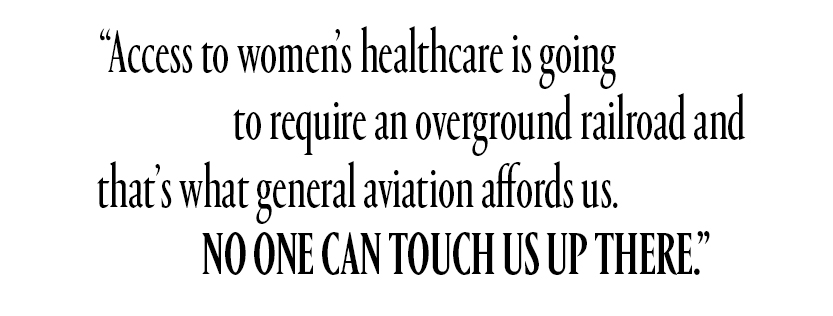
Except she didn't show. Clyde texted, asking where she was. Clyde texted, confirming the directions. Clyde texted, a selfie so she could find him even though there was no one else around. The image showed a white man, thin, the age of someone with investment accounts and a paid-off mortgage.
Eventually, after some back and forth, two headlights appeared in the thicket of darkness. From the corner of a parking lot, a car slowly drove forward, an older woman behind the wheel, staring straight ahead. Another woman in her early 20s got out, tucking a small cloth bag under her arm. She was nervous. Clyde could see it in the way she looked at the ground while approaching him; the way she held her shoulders tight and tense.
It dawned on him that she probably wavered about getting out of the car because she was fearful it was all a trap. He got emotional thinking about it. How the woman had to meet a stranger, alone in the dark, in the desperate hope that he was there to help, not hurt her. It upset him, and got him thinking about how society had turned against so many people and made them feel unworthy. Clyde thought, Why do people want to treat women like this?
As they flew off into the sky, purpling like a bruise with early-morning light, the woman fell asleep in the back of the plane. By that afternoon, she wasn't pregnant anymore.
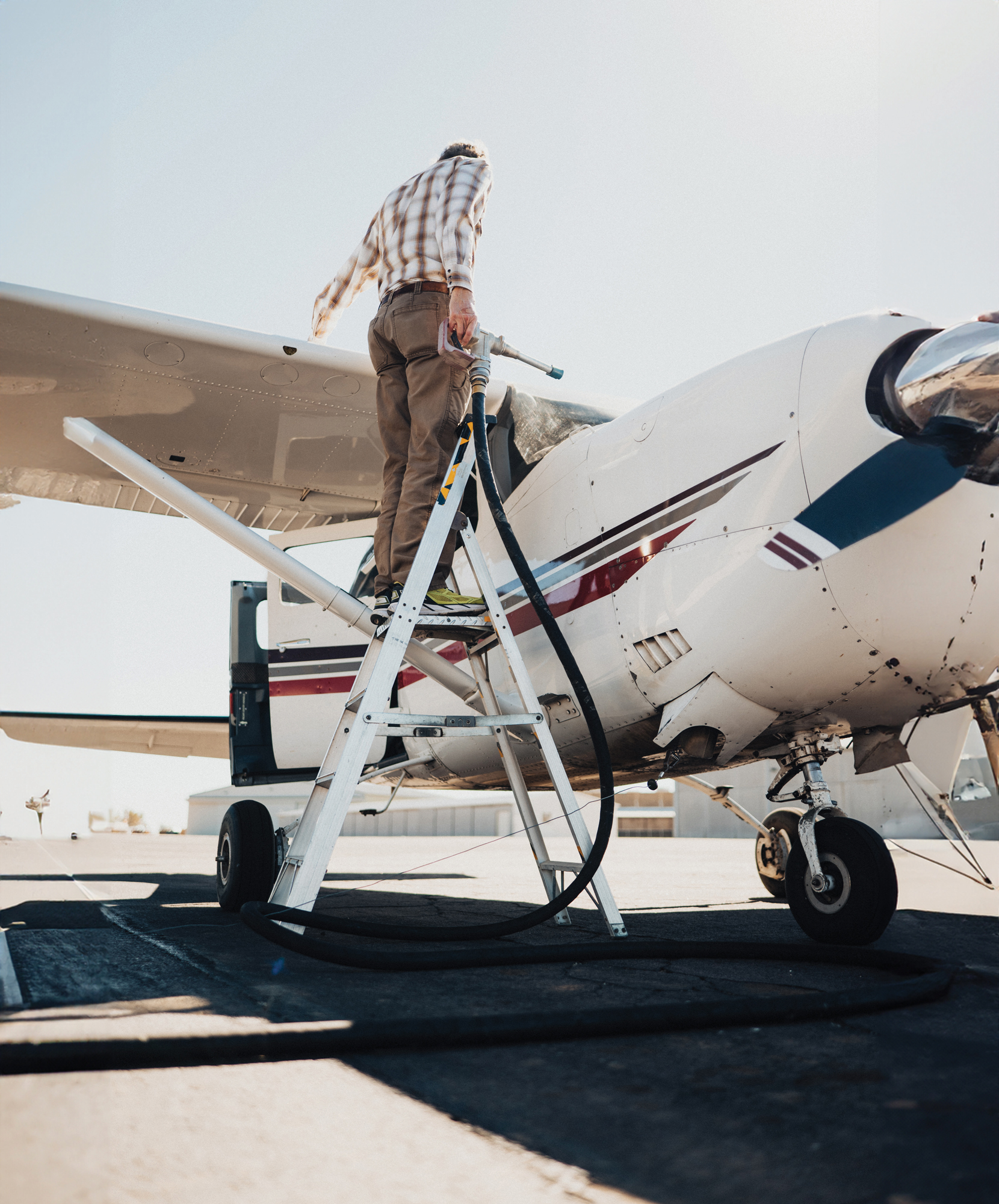
Post-Roe, roughly 27 million people, or one out of every three women of reproductive age, live in a state with an abortion ban, according to a January 2024 White House briefing. Fourteen states criminalized abortion. And just last year, over 300 pieces of legislation were proposed that would restrict access even further.
But as anti-abortion legislation continues to grow, so too do the methods and services being created to help people obtain access to reproductive healthcare, from start-ups aimed at distributing mifepristone by mail, often referred to as "the abortion pill," or "medical abortion," to funds working to connect people to resources, medical and financial. Among them is Elevated Access (the organization Clyde flies for), a network of volunteer pilots created to help people travel for the healthcare they need. In addition to those flying to get an abortion, they also provide flights for those in need of gender-affirming care.
"When we talk about people leaving their home or people leaving their state to access healthcare, we are talking about a large percentage of the U.S. population, geographically nearly one quarter of the country," says Elisabeth Smith, the director of state policy and advocacy at the Center for Reproductive Rights. "And we're also talking about people who don't just have to travel one state over, but they may have to travel as far as 1,000 miles. They have to leave the South or they have to leave the Midwest. They have far to go." Sometimes the distance so vast, it becomes impossible.
In May of 2022, three days before the Dobbs decision was leaked—the U.S. Supreme Court case that overturned Roe v. Wade—Mike was at his home in Illinois launching Elevated Access's website.
Mike was new to the abortion movement. In 2021, he was working in technology when his wife suggested that Mike—a white, cisgender man—take a workshop in systemic racism and bias.
By the end of the workshop, Mike was changed. He wanted to get more involved in social justice work, which eventually led him to the Midwest Access Coalition, an organization that offers travel support and financial resources to those in need of reproductive healthcare. He began volunteering; mostly using his tech background to help maintain the website. While there, he saw the struggles women faced in order to get an abortion, even before the fall of Roe. In many states in the South and Midwest, abortion access was already meager. To get to a clinic, women often had to travel long distances, sometimes having to make multiple trips, which meant lost income and the challenges of reliable transportation and childcare.
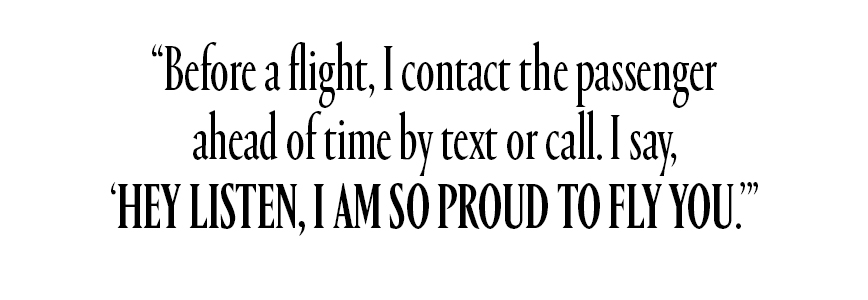
Women were supposed to have agency over their bodies. Women were supposed to have choices. They were supposed to have equal rights. But for the women Mike learned about through his volunteering—mostly low-income and from marginalized communities—those basic tenets did not seem to prevail.
But maybe he could help. Mike had grown up flying planes with his dad, and about a decade before had gotten his pilot's license. What if, he thought, people in need of abortion didn't have to sit in cars or buses or trains for hundreds of miles? What if it didn't take days to get to where they had to go? What if they could get in a private plane and fly to get the care they needed?
While the idea of private plane travel sounds like the ultimate luxury, there are also practicalities: The majority of the country lives within 30 minutes of an airport, according to the Federal Aviation Administration. At most small airports, there's no security, no one asking to see your ID. You walk up to a plane, get in, and go. It's discreet. And "air care" is not a new concept. There are already services that fly people long distances for specialized treatments, like chemotherapy; others fly pets that aren't allowed to go commercial or deliver supplies after natural disasters.
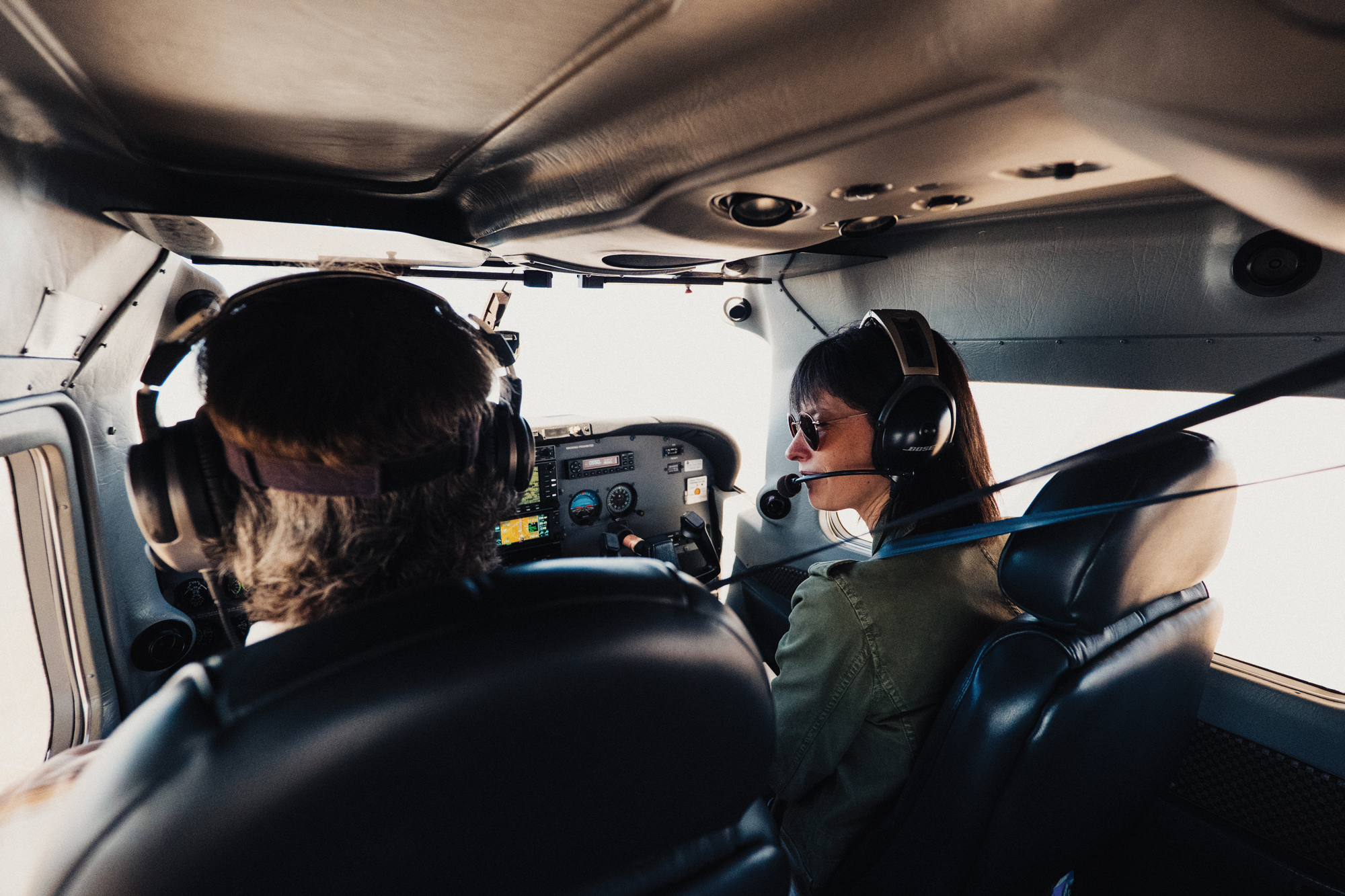
Knowing he was only one guy with one plane, Mike pitched his idea to one such organization since they already had the infrastructure in place. But he kept being told the same thing: Pilots are too conservative. They don't want to help people get abortions. Committed to the cause, Mike decided to get things off the ground himself, with the help of two pilot friends and the Midwest Access Coalition who referred people in need of abortion to Elevated Access. Just a few weeks before the Dobbs decision, Elevated Access made its first flight, taking a woman from Oklahoma to Kansas.
Now, 18 months later, Elevated Access has helped many, including one woman, a domestic violence victim from the South, whose abuser destroyed all of her identifying documents so she could never escape his grip. They've done over 700 flights, have over 1,300 volunteer pilots who can fly to any of the 50 states, and have partnerships with dozens of abortion funds and clinics who utilize their services. "Elevated Access was born out of rage," says Fiona, a volunteer who handles media relations for the organization and prefers we use her Elevated Access pseudonym. "People were so angry about Dobbs, we got hundreds of pilots volunteering to fly within the first few months, which blew us away. And I think our pilot roster is diverse. We have a number of veterans, doctors, lawyers, clergy; several married couples."
Pilots are put through a careful screening process that involves combing through their social media, talking to references, and making sure they have the proper requirements to fly. While not often, a few pilots have been rejected, for a variety of reasons.
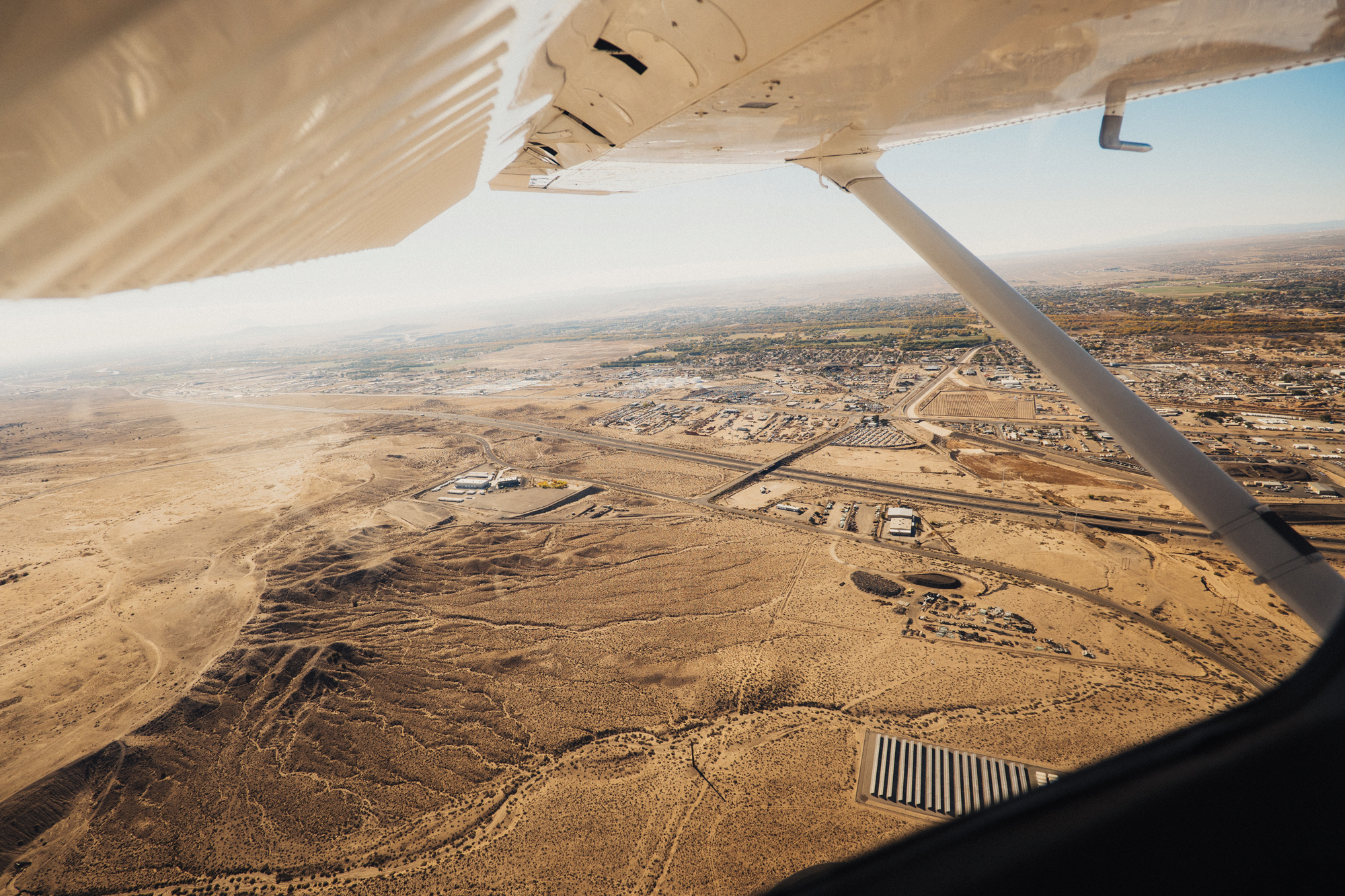
The way it works: A referral comes in from one of Elevated Access's partners. The organization then puts out a call to their pilots in the area, asking if anyone is available to take the flight. The details—the person's first name or pseudonym, dates needed for travel, pickup and destination locations—are all that's provided. Unless information is offered by the person themself, pilots aren't told anything about why the person is traveling, to protect the passenger's and pilot's safety and privacy. The day of the flight, one of Elevated Access's flight coordinators monitors the trip using online tracking, and is available to make sure that once on the ground the person makes it to their final destination.
"In a perfect world, an organization like Elevated Access shouldn't exist," says Sophie Drew, a consultant for the New River Abortion Access Fund in Virginia who has referred dozens of people to Elevated Access. "It's absurd that people need to fly to get basic healthcare. In a perfect world, people could just walk down to their primary care doctor, but because we are in a world where that is not the case and people need to travel wild distances to get to the closest clinic, we are super grateful to have Elevated Access. It's definitely been a game changer for us."
Livi Bivens, a communication and development coordinator at the Fund, adds, "Elevated Access really shows that justice has no heights."
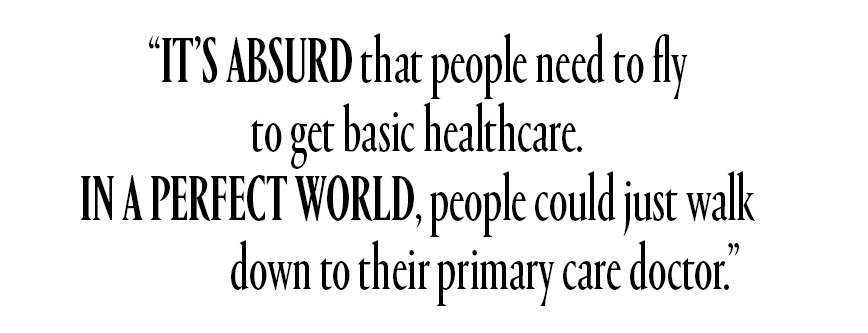
On a Saturday in November, I meet Clyde at a small regional airport in the deep South for the final leg of a multi-flight journey. His third "mission" for Elevated Access, as they're commonly referred within the organization. On the tarmac sit rows of small aircraft, empty and parked. It's quiet and remote. There's fog as thick as cotton, but not enough to prevent us from taking off.
After a final inspection of the plane—fuel levels checked, wings and propeller inspected—we are cleared for takeoff from runway eight. We climb to an altitude of 8,000 feet, high enough to sit above the winds blowing out of the west. High enough that the sky turns blue and the landscape turns metaphorical; stretches of brown desert blend and blur and become borderless. An illusion that we are all in this together.
We're flying to the Southwest, where Clyde is returning home after the latest flight. This time, a woman with two children accompanying her, a teenager and a toddler. Star-shaped crackers litter the floor. Empty granola bar and Rice Krispies Treats wrappers are stuffed in a Ziploc bag. The night before the flight, she had texted Clyde and asked if there was room on the plane for a Pack 'n Play. Clyde, who is married but has no kids, didn't know what a Pack 'n Play was, but he had hauled plenty of bikes and rafts in the back of his single-engine Cessna. (An outdoorsman, he had gotten his pilot's license decades before, so he could pirouette into remote areas to camp and spend time out on the river.) Surely there would be room. He texted her back, It's no problem.
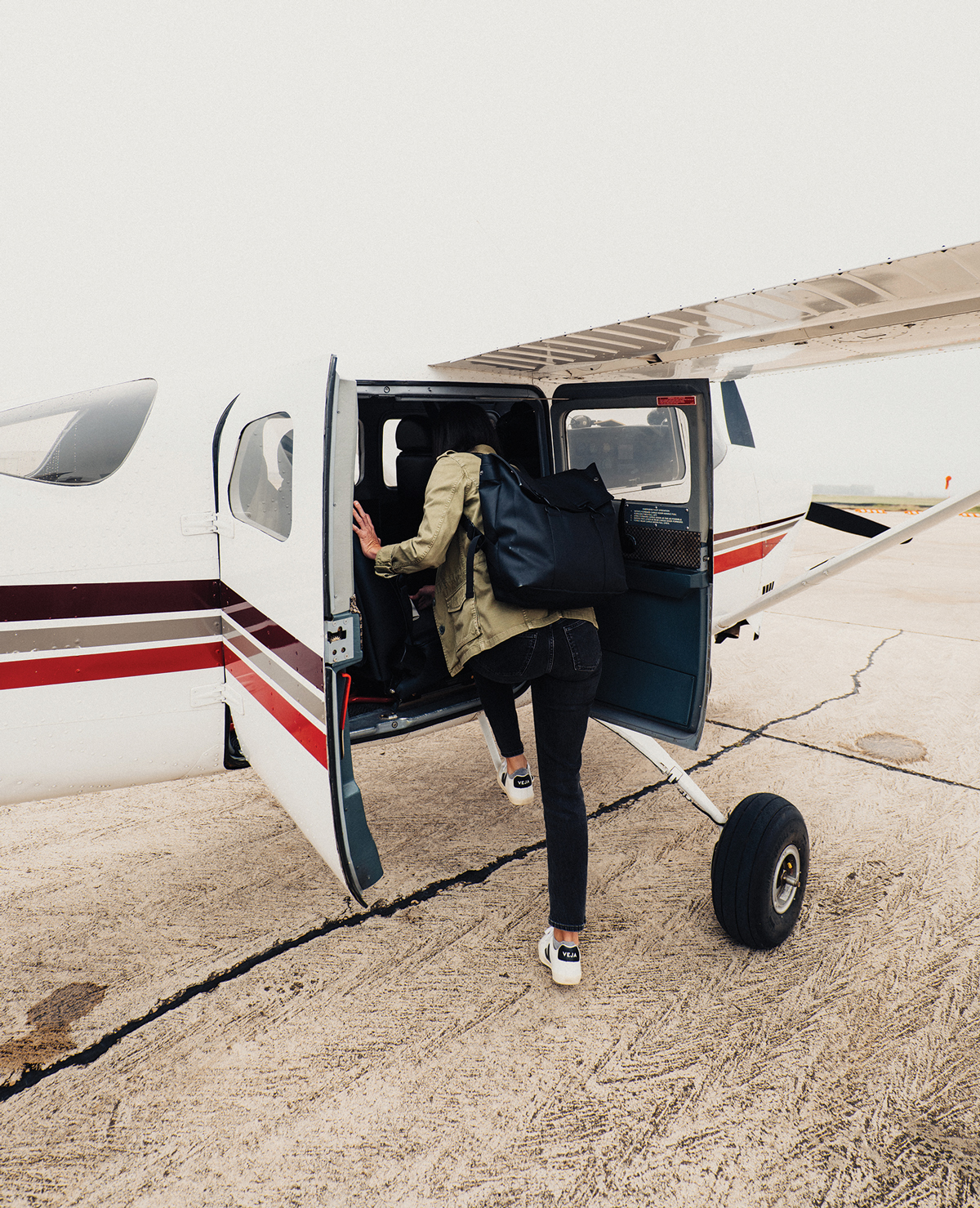
Our flight is four hours. We stop to refuel at a single-runway airport along the way that warns of rattlesnakes and there's not a soul in sight. There, Clyde tells me about how he considers this work a higher calling. In many ways, he's always been committed to the arc of justice. He protested the Vietnam War. He tried to unionize while working as a river guide decades ago and got fired. His friends and family know about his work with Elevated Access and describe it as heroic. He would describe it as necessary and not enough.
With just under an hour left in our trip, we hit turbulence, our plane flapping in the breeze like a kite. It blows the door closest to Clyde open, just a crack. Something he needs to get fixed, he tells me, as he pulls it shut. It's fine.
It is fine. But it also puts into focus how tenuous this all is; the reality of the seemingly Sisyphean task that so many people are forced to face to get the healthcare they need. While easier than other options, it's still laborious and comes with a lot of uncertainty.
Most pilots I talk to, including Clyde, tell me that the passengers do just fine. They mostly aren't bothered by the bumps. It strikes me that the alternative for these women is far scarier.
There is a story of a woman who, after her Elevated Access flight was done, got out of the plane and declared, "I feel like Beyoncé." Likely because the pilots go out of their way to treat the people they're flying with dignity and humanity.
"Before a flight, I contact the passenger ahead of time by text or call," says Robin, a pilot for Elevated Access in her early 40s. "I say, 'Hey listen, I am so proud to fly you...I'm a great pilot. I've done tens of thousands of miles in the air. I care about you. You are my number one priority for the day. Nothing else matters. We're going to get you there and we're going to get you home.' And you hear this big sigh of relief that they don't have to explain themselves."
Usually the person has never been on a commercial flight, let alone a private one, so Robin is intentional about centering the flight as an experience. "I tell them they can come sit with me and be my co-pilot or I tell them they can hang out in the back, look at their phone, sleep, listen to music," Robin says. "This is their flight. And every single time their eyes light up and they want to be in the cockpit. So this is how we turn what could be a difficult, scary, embarrassing thing into something cool and remarkable."
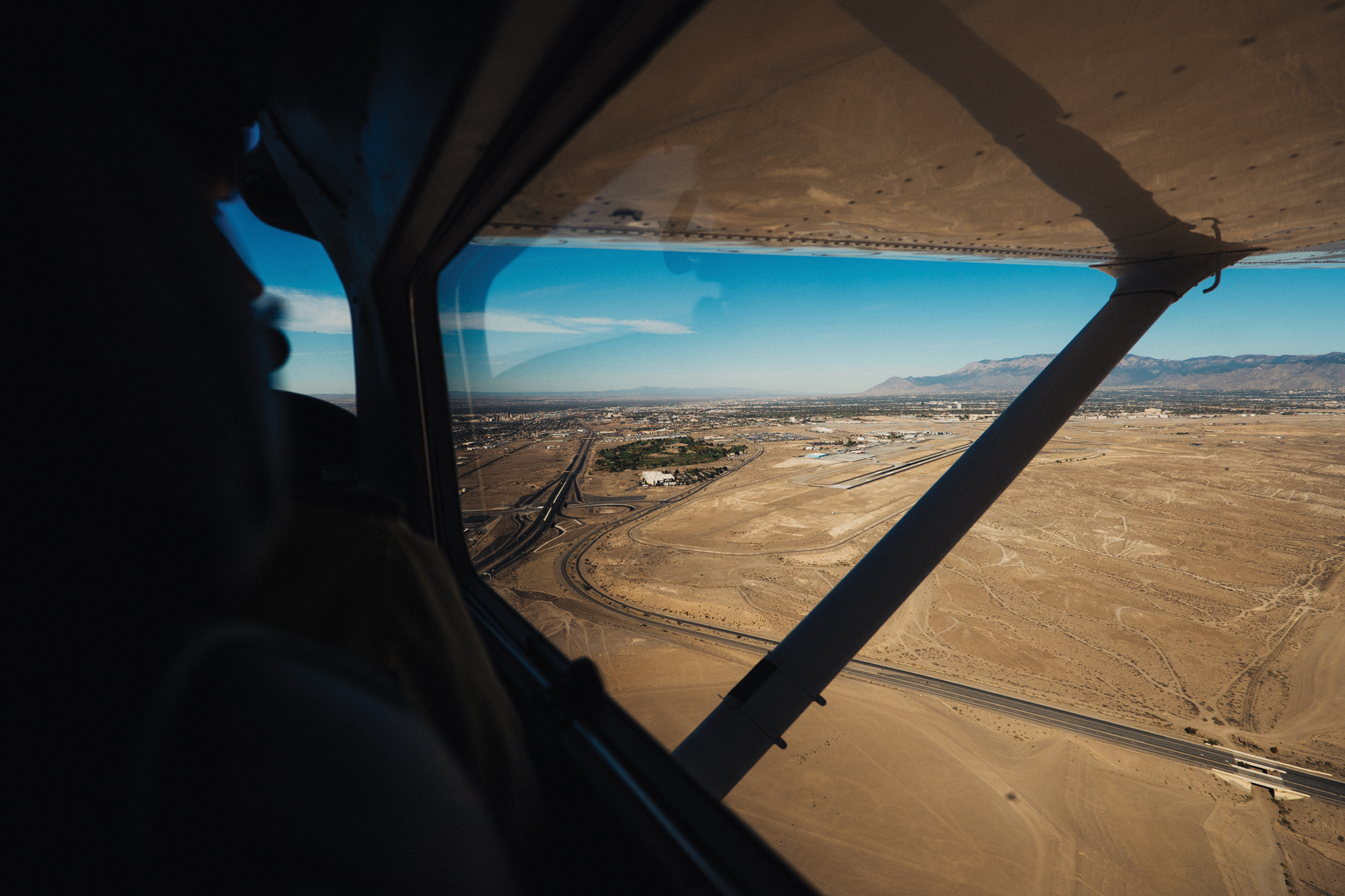
With no previous background in aviation, and certainly no plane, Robin decided to get her pilot's license so she could fly for Elevated Access. "I've been in the arts my whole life, on stage and off," Robin says. "I had my own business in New York City."
But during the pandemic, Robin was listless. Her livelihood depended on Broadway shows, in-person entertainment, which had halted. She was feeling low.
And then worse after she heard about Dobbs. "When the court ruling came down ending Roe v. Wade, something in me just broke," she says. While researching ways to help, Robin learned about Elevated Access. It felt like an "aha moment," she says. "Access to women's healthcare is going to require an overground railroad and that's what general aviation affords us. No one can touch us up there," she says. "I dropped everything, closed up shop and moved to the Southeast. I called a flight school in Atlanta and said, 'Put me in the air.' I've been flying three to four, sometimes five days a week since, towards this achievement." Since becoming certified as a pilot, she's done around 10 flights for Elevated Access.
"When you're flying, you look out and you're like, What's everyone fighting about?" Robin says. "There's no signpost in the air that says you're now leaving Kansas. You just go. You're going where you're going and you've collapsed all of the spaces in between."
As of now, Elevated Access has been able to operate without any issues. "We've not had any government interference, knock on wood," Fiona says. "One reason, we're careful. We're not out there trying to pick a fight. We try hard to stay off the radar."
But that might not matter. Recent abortion "trafficking" laws—a term that many in the abortion movement find to be offensive—have been proposed, and their goal is not just to go after the people who are getting abortions, but the people helping them.
"Before the Dobbs opinion was issued, we knew states like Texas would not be satisfied with criminalizing abortion within their borders, but would want to make abortion inaccessible or illegal for people in other states," Smith says. "When the Dobbs opinion was issued, we were also on alert about states trying to prevent people from traveling."
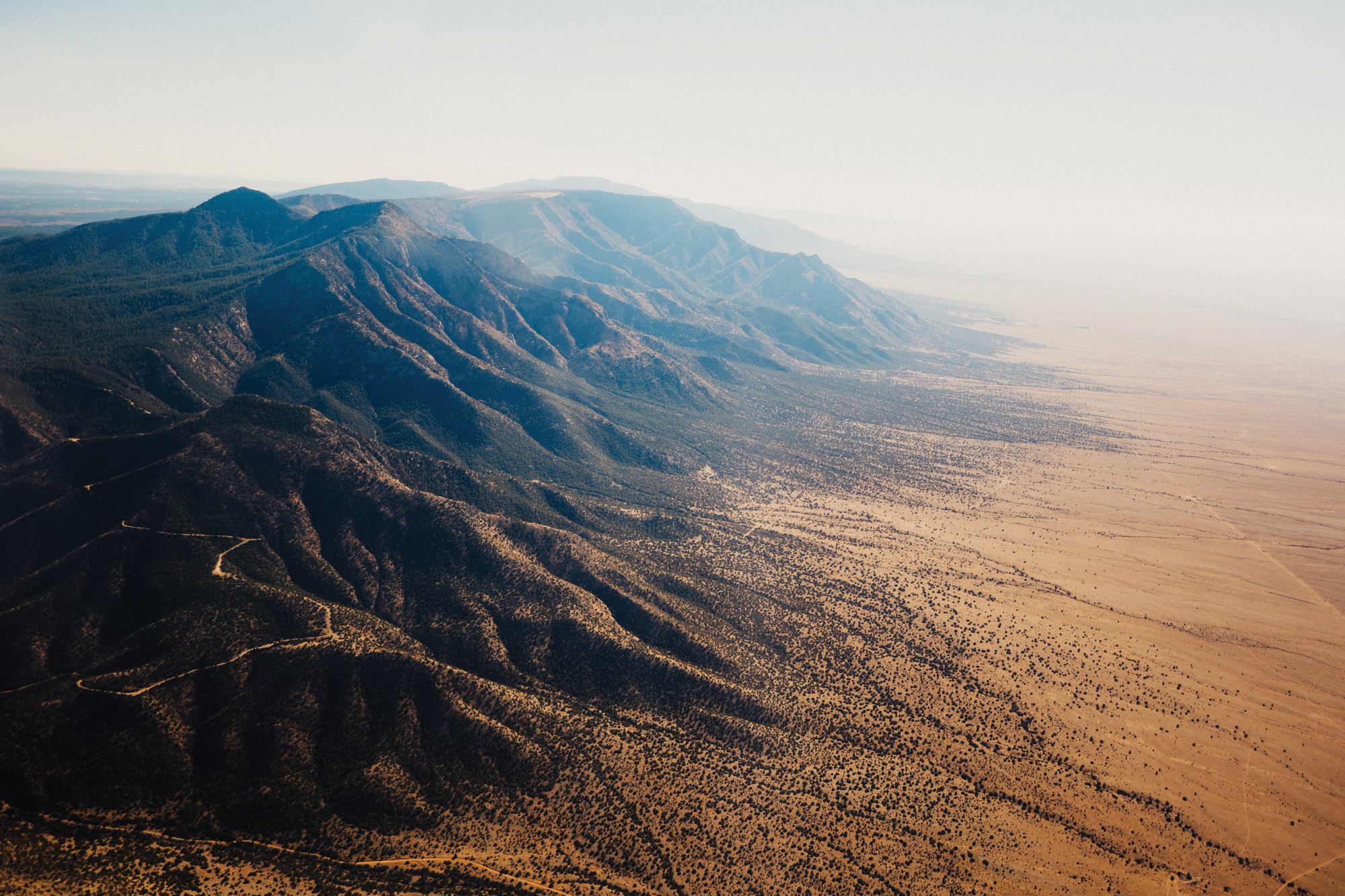
Recently, Idaho enacted an abortion "trafficking" law, and states like Tennessee and Oklahoma are following suit. The bills would make it a felony to "help" a minor access reproductive healthcare, and would come with a prison sentence of a decade or more. "If enacted, it would create this new crime and the crime would apply to adults who helped a young person access abortion care, regardless of where that care occurs," Smith says. "The bill is really expansive. It's expansive enough that a prosecuting attorney could make the argument: Well you gave them money. You gave them the name of a clinic out of state. You provided a website address." You flew them in your plane.
"While these bills are focused on young people, that is not to say that adults will not become the focus at a later date," Smith says. "If you can normalize not helping young people, then later you can normalize not helping adults."
At the local level, some cities and counties are introducing ordinances that would make abortion illegal within their borders, including in states where abortion is legal. The goal is to prevent people from coming across the border to seek care or to leave to seek care. In Amarillo, Texas, a proposed ordinance would make it a criminal act to use roads to leave the county to get an abortion elsewhere. "There is a real question about whether these are enforceable if they were to be passed," Smith says. "But the goal, really, is to scare people; to stop people from helping."
This all comes at a time when the need to travel to get an abortion may become more necessary than ever. Later this year, the U.S. Supreme Court will hear a case involving the use of mifepristone, the most commonly used drug to end pregnancy in the U.S. The lawsuit wants to block mail-order access to the pill and impose restrictions on its use, even in states where abortion is legal.
Clyde is unfazed. He's done two more flights since I've last seen him, and is eager to do more. Just days before, he got a text about another woman in need of a ride. He wanted to help, but he couldn't. He got the message as he was traveling out of town, on a cycling trip with friends. Normally he would rework his plans, but this time the logistics weren't in his favor. "Whenever I say, 'I can't,' I really question myself," he says, wistfully and with a hint of disappointment in his voice. Because he knows as long as abortion access is up in the air, he needs to be, too.
*First names used to protect privacy
This story appears in the 2024 Makers issue of Marie Claire.







